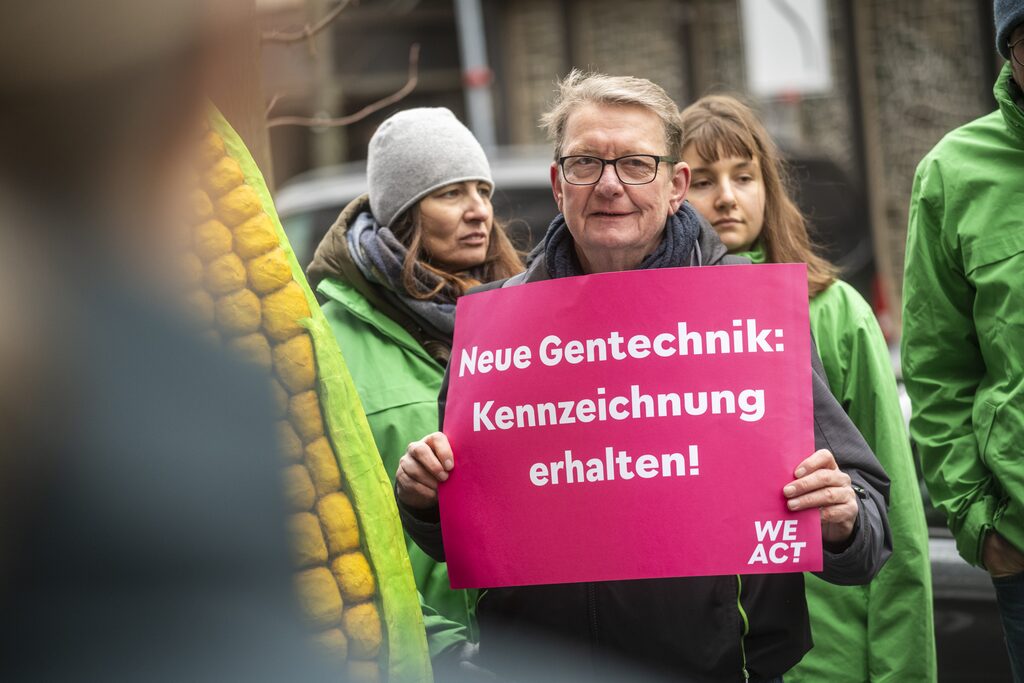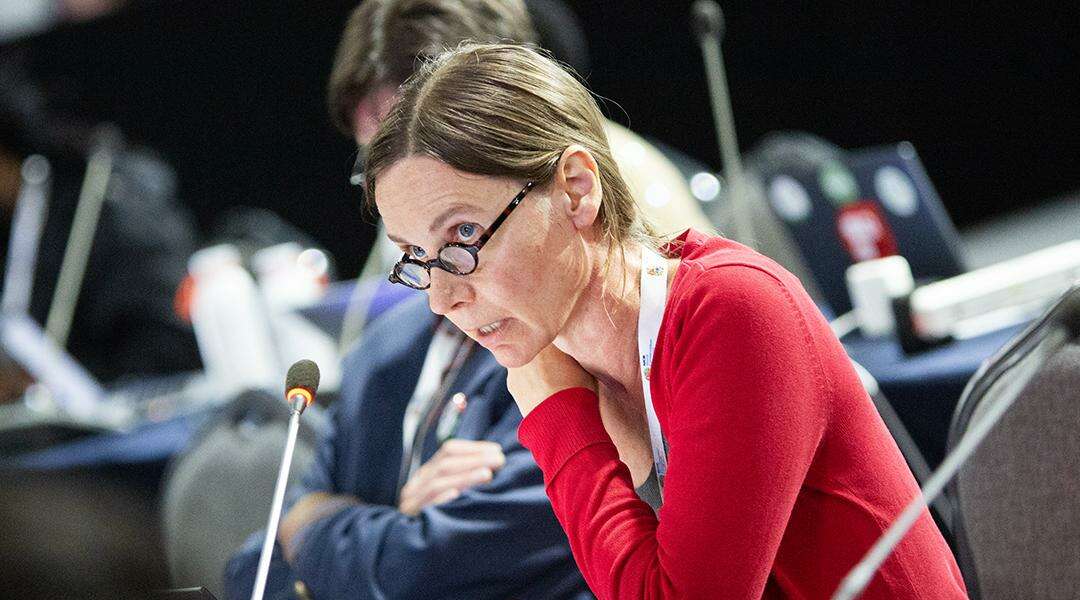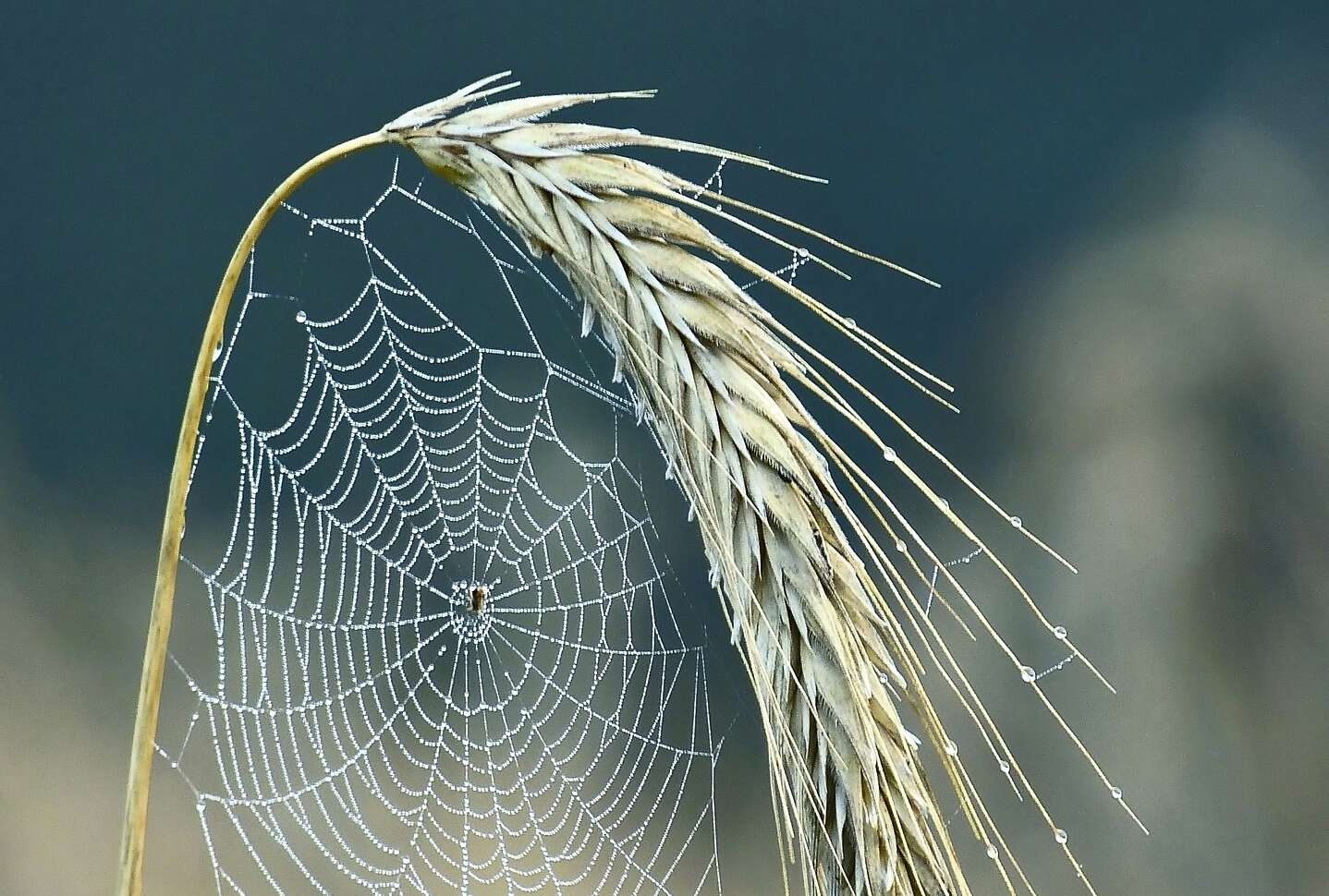In the night of 3 to 4 December, negotiators from the EU Parliament, Council of Ministers and Commission reached an agreement on a far-reaching deregulation of plants engineered with new GM techniques such as CRISPR/Cas. Under the deal, almost all requirements of EU GMO legislation would be abolished for this type of GM plants.










